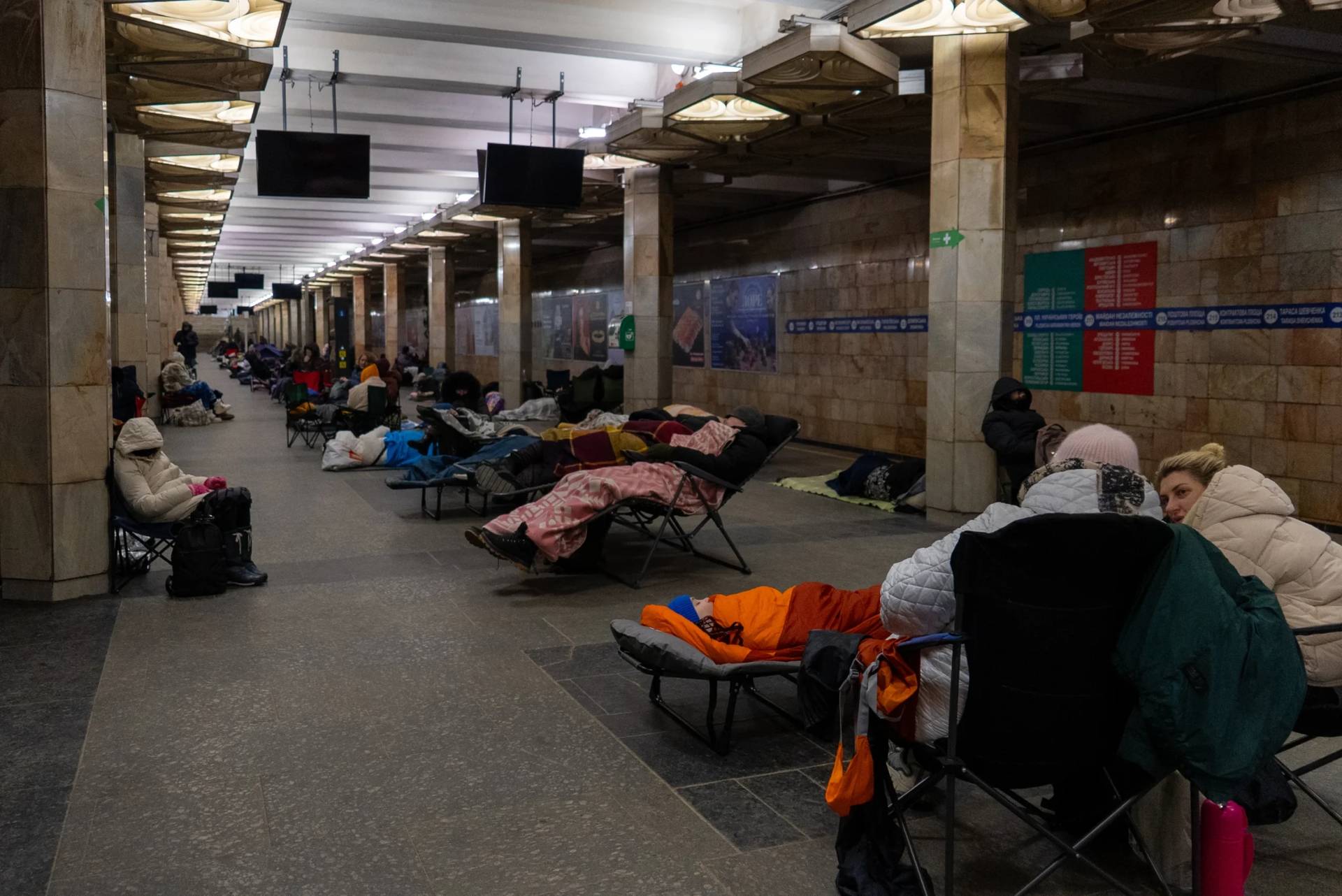In life, we hunger and thirst for many things. In the Gospel Reading today at Mass, we see the Parable of the Tenants. The tenants were to care for the vineyard entrusted to them. They were to be attentive to their duties, but they pined for something else.
Each of us can hunger and thirst for love and acceptance, wealth or status, health or power. Hunger can be diverse and multifaceted: from what is necessary to sustain our existence, to what is preferred for an easy life. The desires of the tenants did not serve the needs of basic sustenance or of the common good. They were greedy, envious, and ungrateful. They hungered for power and wealth.
In our various hungers and thirsts, it’s wise to always consider the needs and importance of our souls. The Lord Jesus promises satisfaction to all those who hunger and thirst for holiness. The thirst of the tenants today had nothing to do with holiness. Their hunger was only for their profit and gain.
What do we hunger and thirst for in our lives? Do we resemble the tenants in today’s parable, or are we their opposites?
As human beings, we hold a unique dignity. We have a sacred identity in the world. The story of creation tells us, “So God created man in His own image, in the image of God he created him; male and female he created them.” Being made in God’s very image bestows both privileges and responsibilities upon each of us and upon the entire human family.
God created us in sheer goodness so as to generously share what he already held within himself. The Holy Trinity seeks to impart and bestow the love and happiness that is eternally exchanged within the Godhead.
We should allow ourselves to regularly realize that we are made by and for God. Since we are all made in such a fashion, we are hardwired for worship, happiness, and union with God.
In our lives and in our culture, we can find a litany of apparent goods that claim to fill the capax Dei, which is our capacity for God, oftentimes called the “God hole” within us. As much as we might try in so many ways to fill this hole and pursue a false happiness in other things, we are only led to the humbling acknowledgement that we and the world around us are finite and imperfect, and that neither we nor the things of creation (even those things that are inherently good) can completely fulfill us.
We need to turn to God. Only in him will our hunger and thirst be satisfied.
If we want to be blessed, fulfilled, and happy, then the answer will not come from ourselves, this fallen world, its pomp and vanities, or its sin and darkness. It will not come from wayward thirsts or misplaced hunger.
If we want to be fulfilled, we must look to God. He made us, and our longing will only be fruitful when it’s directed to him and his kingdom. For any of us to be complete as human beings—to be truly ourselves—we have to hunger and thirst for a right ordering of our affections, desires, and passions toward God and his will. We need to pine for his righteousness in our lives.
In our parable today, the tenants missed this opportunity. They rebelled against their landowner, killed his son, and sought to take his inheritance for themselves. Such pride, greed, and hubris lacked any sense or inclination to humility and compunction. And so, the landowner exercised justice and brought punishment upon the rebellious tenants. Such punishment was a playing out of the punishments they had already inflicted upon their own souls.
In each of our lives, we have our own temptations that deceive us, distract us, and promise us things that they cannot give us. Our hunger and thirst can be misplaced in such mirages, since they can be convincing and attractive to us. But they cannot satisfy us. They only leave us empty, desolate, and confused. They punish us without compassion.
Our hunger and thirst can only be satisfied by God, his kingdom of truth and justice, and his most excellent way of love. While many other paths compete for our obedience, and many voices seek to mesmerize us with their lies, we are called and empowered to direct our hearts and desires to God alone.














